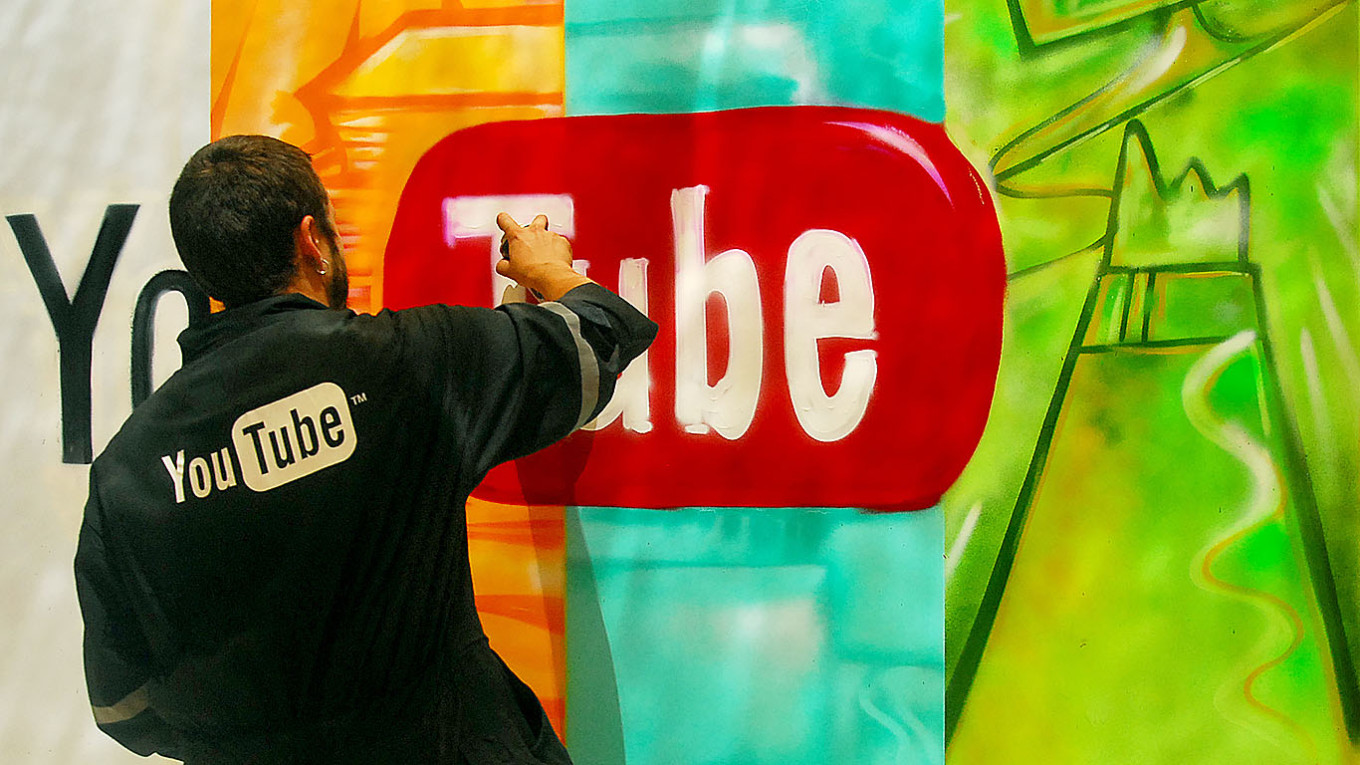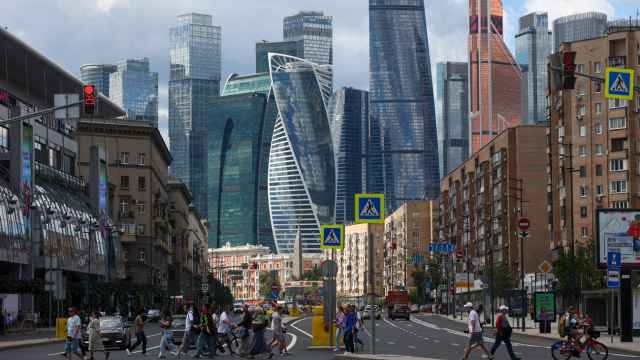Users across Russia started experiencing sharp declines in YouTube loading speeds on Thursday, according to online monitoring platforms, coming after Russian authorities criticized the video streaming website for failing to restore pro-Kremlin channels.
Online platforms Downdetector, Brand Analytics, and Sboi.rf noted spikes in YouTube outages in Moscow, St. Petersburg, and other major Russian cities and regions over the past 12 hours.
The disruptions began after Russia’s state-owned telecom giant warned that YouTube would slow down due to "technical problems" stemming from Google's withdrawal of equipment from the country. A senior lawmaker later claimed that YouTube download speeds would drop by 70% on desktop browsers.
Those warnings coincided with Russia's state media regulator, Roskomnadzor, demanding that Google CEO Sundar Pichai restore more than 200 YouTube channels belonging to pro-government Russian media, authorities, and other public figures.
"YouTube is kaput. Nothing is lost," Margarita Simonyan, editor-in-chief of Russia's state-funded broadcaster RT, wrote on social media.
Kremlin spokesman Dmitry Peskov, however, told reporters on Thursday that YouTube was "working as normal" and that "everything was loading" on his phone.
Google, which owns YouTube, has not publicly commented on the reported throttling of the video platform in Russia. Over the past decade, the website has become a vital platform for dissenting viewpoints as the Kremlin has tightened control over internet and media freedoms.
Since the full-scale invasion of Ukraine in early 2022, the Russian authorities have accused YouTube and Google of spreading “terrorist” anti-war content, fueling speculation that the video-streaming website might be blocked entirely.
YouTube has suspended monetization and all payment-based services in Russia over the war in Ukraine.
A Message from The Moscow Times:
Dear readers,
We are facing unprecedented challenges. Russia's Prosecutor General's Office has designated The Moscow Times as an "undesirable" organization, criminalizing our work and putting our staff at risk of prosecution. This follows our earlier unjust labeling as a "foreign agent."
These actions are direct attempts to silence independent journalism in Russia. The authorities claim our work "discredits the decisions of the Russian leadership." We see things differently: we strive to provide accurate, unbiased reporting on Russia.
We, the journalists of The Moscow Times, refuse to be silenced. But to continue our work, we need your help.
Your support, no matter how small, makes a world of difference. If you can, please support us monthly starting from just $2. It's quick to set up, and every contribution makes a significant impact.
By supporting The Moscow Times, you're defending open, independent journalism in the face of repression. Thank you for standing with us.
Remind me later.






